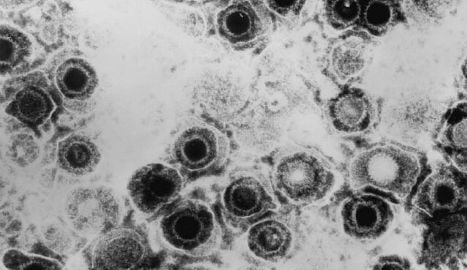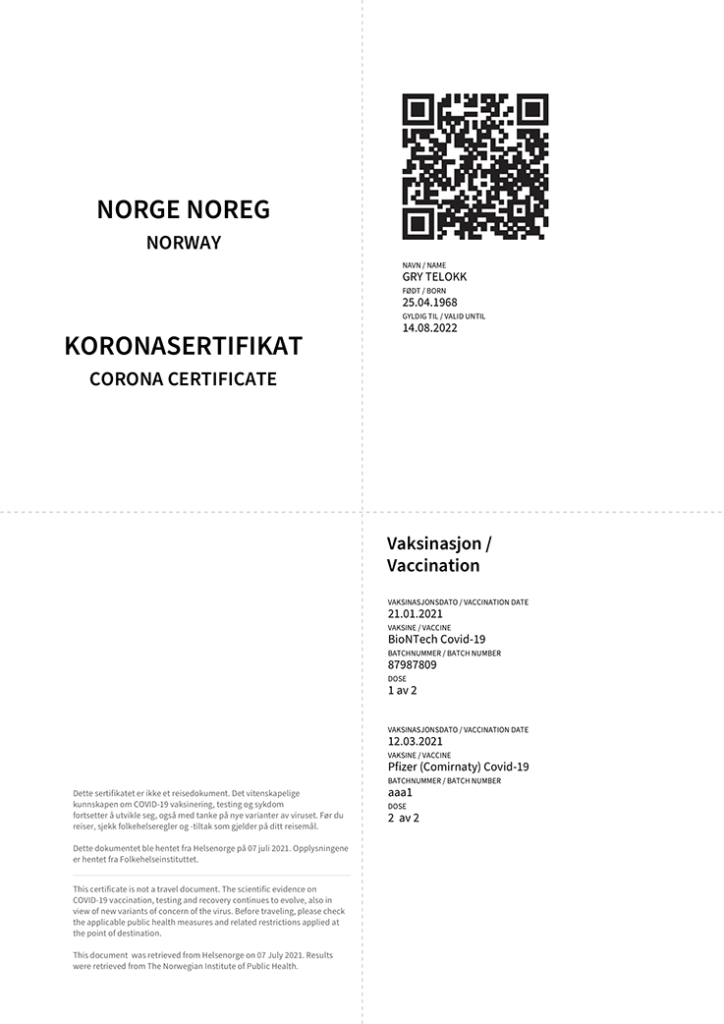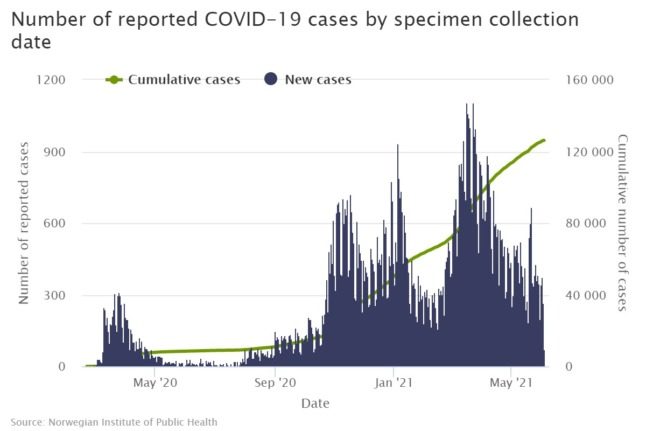AUTISM
Genital herpes in pregnancy doubles autism risk: study
Women who are infected with genital herpes early in their pregnancy may face twice the risk of bearing a child with autism, a team of US and Norwegian researchers said Wednesday.
Published: 22 February 2017 21:28 CET

Could these viruses be a cause of autism. Photo: CDC/Dr. Erskine Palmer
The report in mSphere, a journal of the American Society for Microbiology journal, is the first to show that a woman's immune response could have a harmful effect on the developing fetus's brain and influence the likelihood of autism.
“We believe the mother's immune response to herpes simplex virus 2 (HSV-2) could be disrupting fetal central nervous system development, raising risk for autism,” said lead author Milada Mahic, a researcher at the Norwegian Institute of Public Health.
The causes of autism spectrum disorder remain poorly understood, and researchers believe it arises from some combination of genetic and environmental influences.
As many as one in 68 US children suffer from autism, a neurodevelopmental disorder which can impair social and communication skills.
About one in five American women has genital herpes, which is incurable and is typically spread through sex.
For the current study, researchers examined five pathogens which have previously been shown to raise the risk of birth defects to see if there was any link between maternal infection and autism.
These included Toxoplasma gondii, rubella virus, cytomegalovirus, and herpes simplex viruses type 1 and 2.
Researchers examined blood samples from 412 mothers of children diagnosed with autism, and compared them to 463 mothers of children without autism in Norway.
The blood samples were analysed at around week 18 of pregnancy and at birth.
Only antibodies to HSV-2, not any of the other pathogens, were linked to a higher risk of autism. And the risk was only apparent when the mother's system was fighting a genital herpes infection early in pregnancy, at a time when the fetus's nervous system is growing rapidly.
“The cause or causes of most cases of autism are unknown,” said senior author W. Ian Lipkin, director of the Center for Infection and Immunity at Columbia University Mailman School of Public Health.
“But evidence suggests a role for both genetic and environmental factors. Our work suggests that inflammation and immune activation may contribute to risk.”
Url copied to clipboard!




 Please whitelist us to continue reading.
Please whitelist us to continue reading.